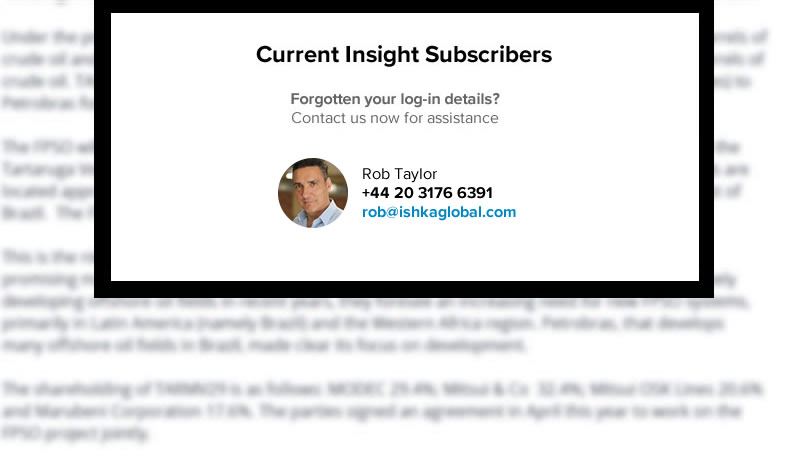in Lessors & Asset managers , Other
Wednesday 12 November 2025
ASG comments on WOLF fundraise, the ACMI market and SmartLynx Latvia’s restructuring
Responding to Ishka, Avia Solutions Group (ASG) addresses the sale and recent restructuring of its former subsidiary SmartLynx Latvia. The firm also commented on the ACMI market and answered questions about the firm’s new Dublin-based leasing platform Waypoint Operating Lease Finance (WOLF), currently in the market for a $500 million capital raise.






Sign in to post a comment. If you don't have an account register here.